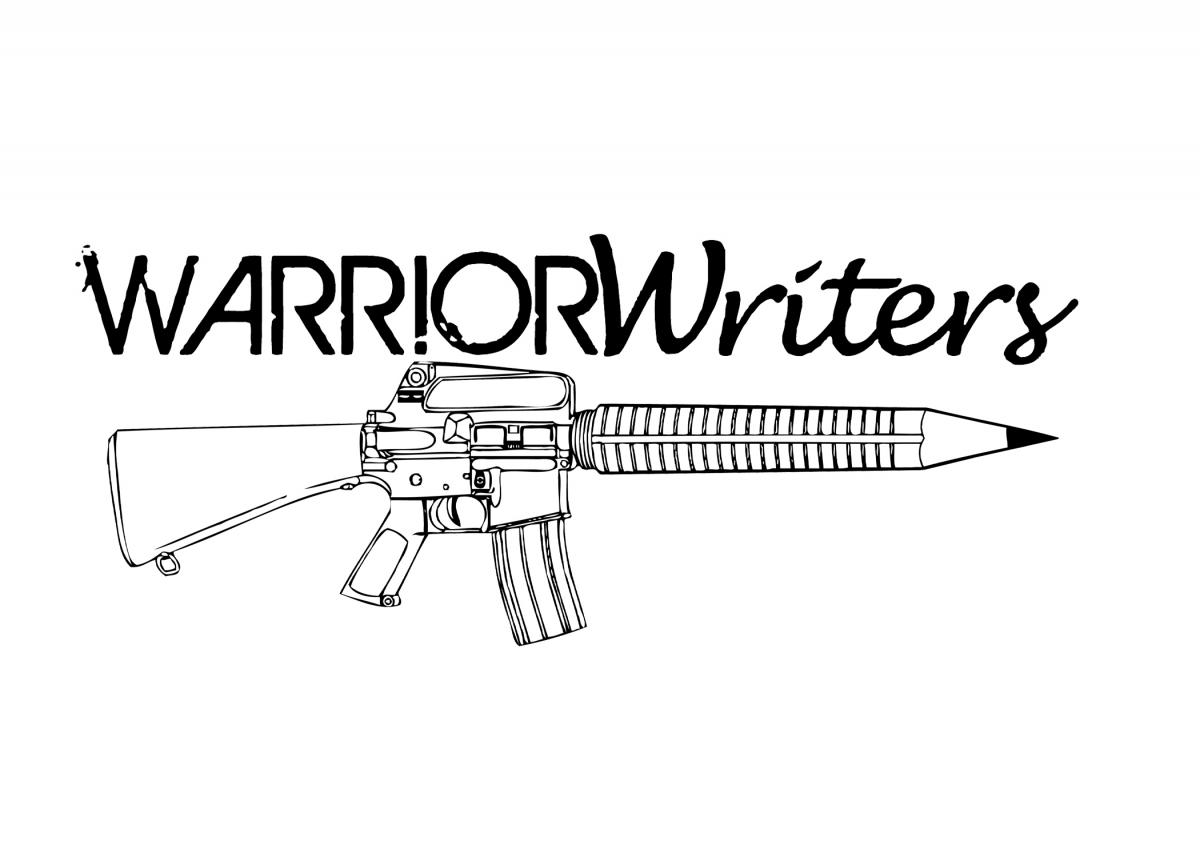The Art of Reintegration is a sweeping two-year grant funded by the National Endowment for the Humanities dedicated to strengthening the relationship and understanding between veterans and their communities. The program, developed in partnership with Warrior Writers, engaged veterans and nonveterans alike in a series of discussions about topics including heroism, suffering, homecoming, and more. These discussions were framed in the context of three conflicts: World War I, the Vietnam War, and the Global War on Terror. Driven by the analysis of art, poetry, and archival sources from HSP’s own collection, the discussions created an environment of open inquiry and reflection—a space where participants could speak honestly and situate their unique perspectives into a broader historical and artistic context, and explore how war can change everything and nothing. The project aims to build a healthier veteran community where veterans and their families can speak openly and situate their unique perspectives and experiences in a historical context.
The project culminated in a (virtual) public program in 2020 that included discussion group participants and leaders, as well members of the general public. Participants were encouraged to talk openly and without judgement about what reintegration means—for veterans and for civilians alike—and most importantly, what it entails. In addition to an open discussion platform, the program featured live poetry readings from some of those authors whose work was used during the meetings.
A recording of the program can be viewed here.
Click here for a culminating presentation from the program.
This project is produced in collaboration with Warrior Writers.
This project has been made possible in part by a major grant from the National Endowment for the Humanities: Exploring the human endeavor.


